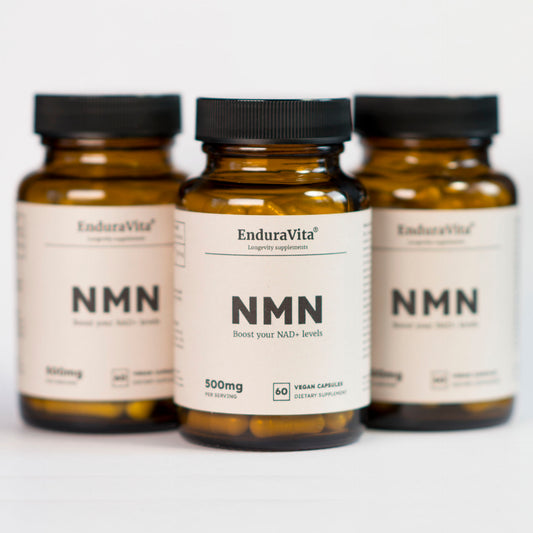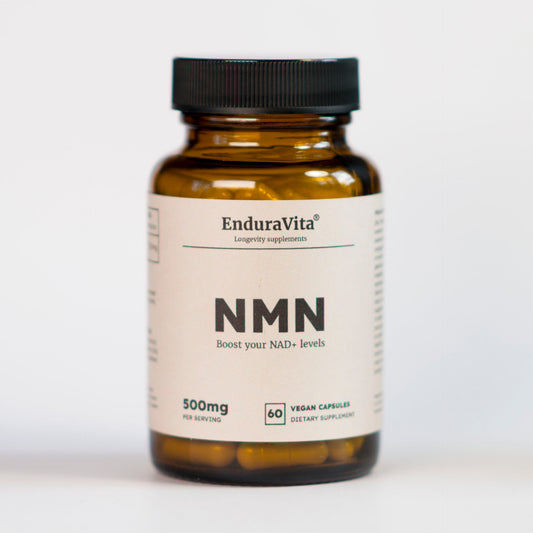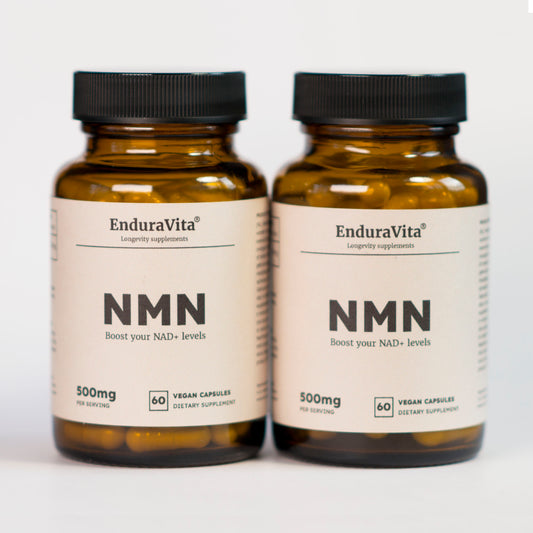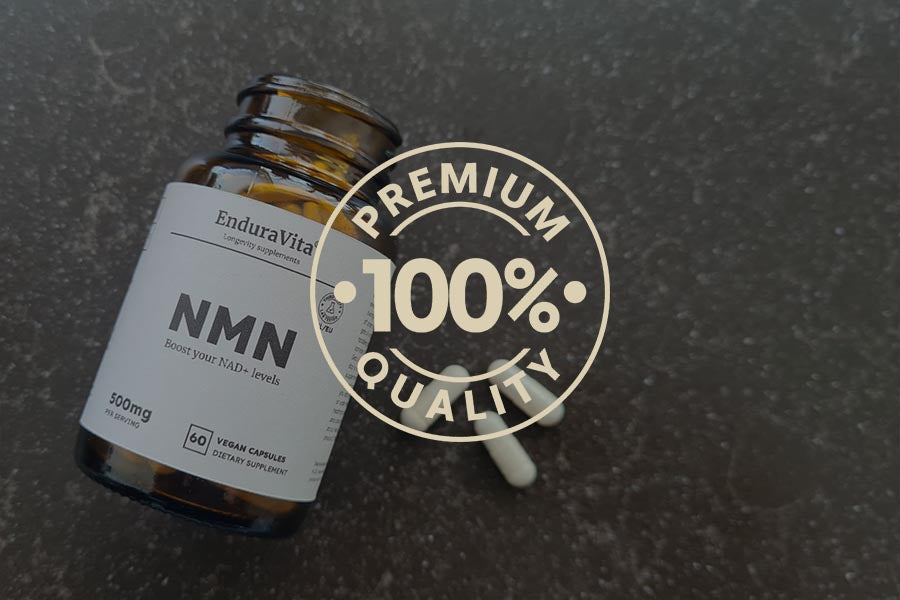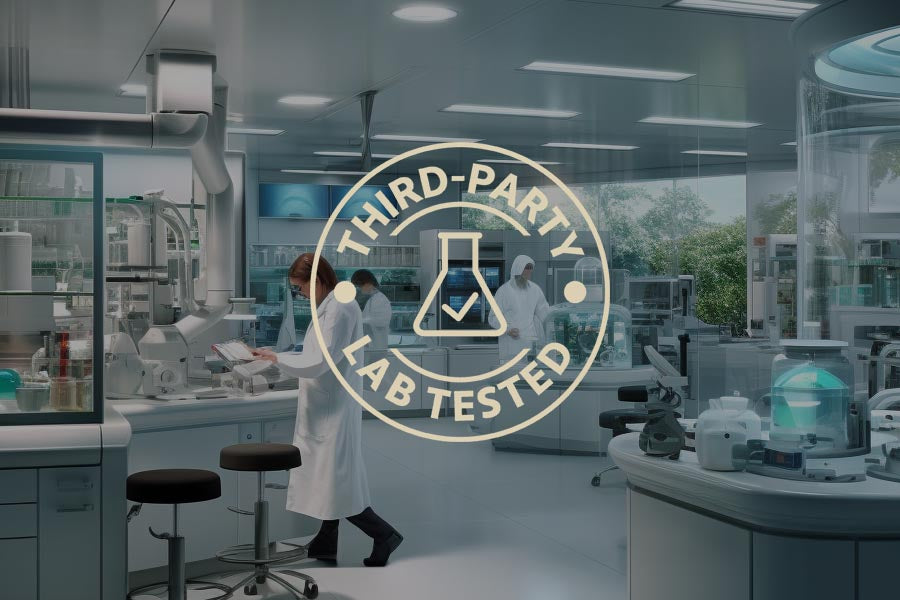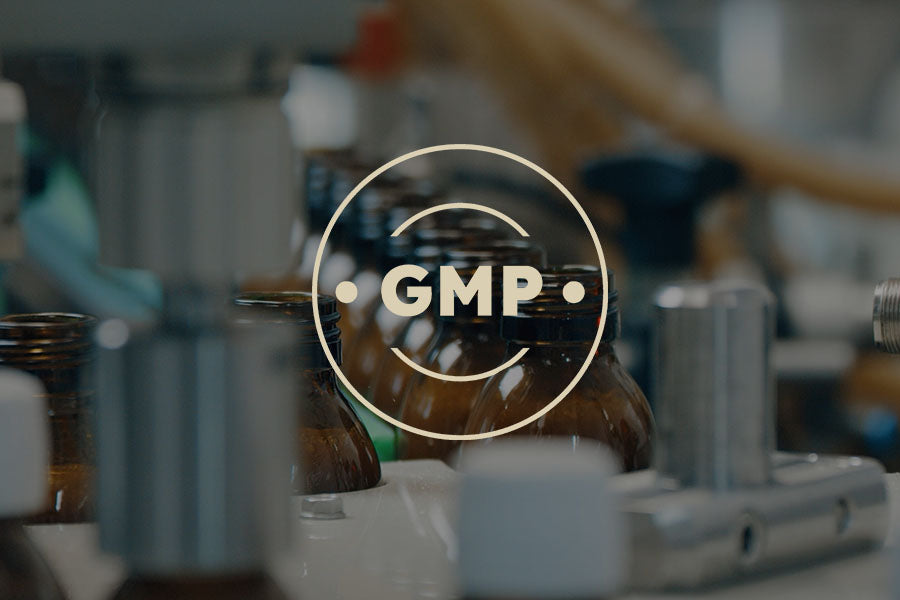Hypertension is characterized by endothelial dysfunction and arterial stiffness, which contribute to atherosclerotic cardiovascular diseases. This study shows that patients with hypertension have lower NAD+ levels in their peripheral blood mononuclear cells (PBMCs) and aortas. NAD+ plays a crucial role in numerous biological processes, and its decrease can lead to vascular damage and increased blood pressure. A remarkable finding was that supplementation with nicotinamide mononucleotide (NMN), an NAD+ precursor, lowered blood pressure and reduced vascular damage, both in hypertensive patients and in mice.
The role of CD38 and inflammation in NAD+ depletion
Endothelial CD38, an enzyme that degrades NAD+, is significantly increased in hypertension, partly due to the infiltration of pro-inflammatory macrophages that produce IL-1β. This inflammatory pathway activates the JAK1-STAT1 signaling pathway, leading to increased expression of CD38 and accelerated NAD+ loss in endothelial cells. Blocking CD38, for example through CD38 inhibitors or genetic knockdown, improved vascular function and lowered blood pressure in hypertensive mice. These findings highlight that NAD+ depletion plays an important role in the development of hypertension.
NAD+ supplementation as an innovative strategy for blood pressure management
Supplementing NAD+ with NMN may be a promising new therapy for the treatment of hypertension. The results suggest that NMN supplementation effectively increases NAD+ levels, lowers blood pressure, and improves vascular damage. Therefore, NMN could play an important role in managing hypertension and associated cardiovascular risks, especially in light of its ability to improve endothelial dysfunction and restore NAD+.
Benefits of NMN supplementation for hypertension
- Effectively lowers blood pressure
- Reduces vascular damage and improves vascular function
- Increases NAD+ levels in blood cells and aortas
- Combats endothelial dysfunction, which is essential in hypertension


